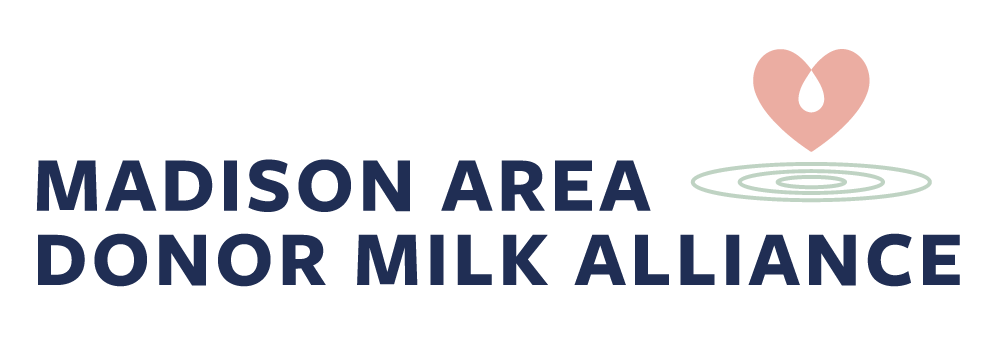Milk Sharing Resources
Humans have been milk sharing since the beginning of time. We exist because families have breastfed each other’s children due to all kinds of circumstances. Today, families are more disconnected and isolated when raising children. Often we don’t have family or friends who are breastfeeding.
MADMA is for all those families who are overwhelmed by breastfeeding challenges and need a little time for troubleshooting, can’t breastfeed, or just want breastmilk for their child. Unfortunately, MADMA can only be a temporary solution for providing donor milk for babies. The good news is that we have found that when families are determined to source donor milk for their babies, they often discover that there are a lot of folks who are willing to help.
Please use the resources below to help find long-term milk options and help raise awareness in our community about milk sharing.
START looking for donor milk in other milk sharing circles. Either via direct milk sharing with friends and relatives or these two Facebook groups for Wisconsin:
Make your requests as personalized as possible as we find that this is most likely to lead donors to find you. Please feel free to use our Donor History Questionnaire [PDF] when screening potential donors. It is also a good idea to review The Four Pillars of Safe Milk Sharing document.
ASK for help through your personal networks. We have found that families who use their personal connections through friends and family, their communities via church, neighborhood, etc., are able to source a lot more donor milk than using the milk sharing websites. The hardest part is asking. Asking normalizes milk sharing and how families need to support each other.
TALK about how you are using donor milk and milk sharing in your communities. This helps, not only to normalize and destigmatize milk sharing (families have been milk sharing since the dawn of time), but it also helps communities understand that there is a great need for donor milk. We hope that relatives, friends, neighbors and coworkers will talk about this with their friends and neighbors. Share with your faith communities (announcement in a church bulletin), parenting support circles, coworkers, social networking (Facebook, Nextdoor, etc), and neighborhood associations. Communicating a need helps to ensure donor milk supplies, supports recipient families and strengthens our communities by creating connections between families. This is your opportunity to build a community of support!

